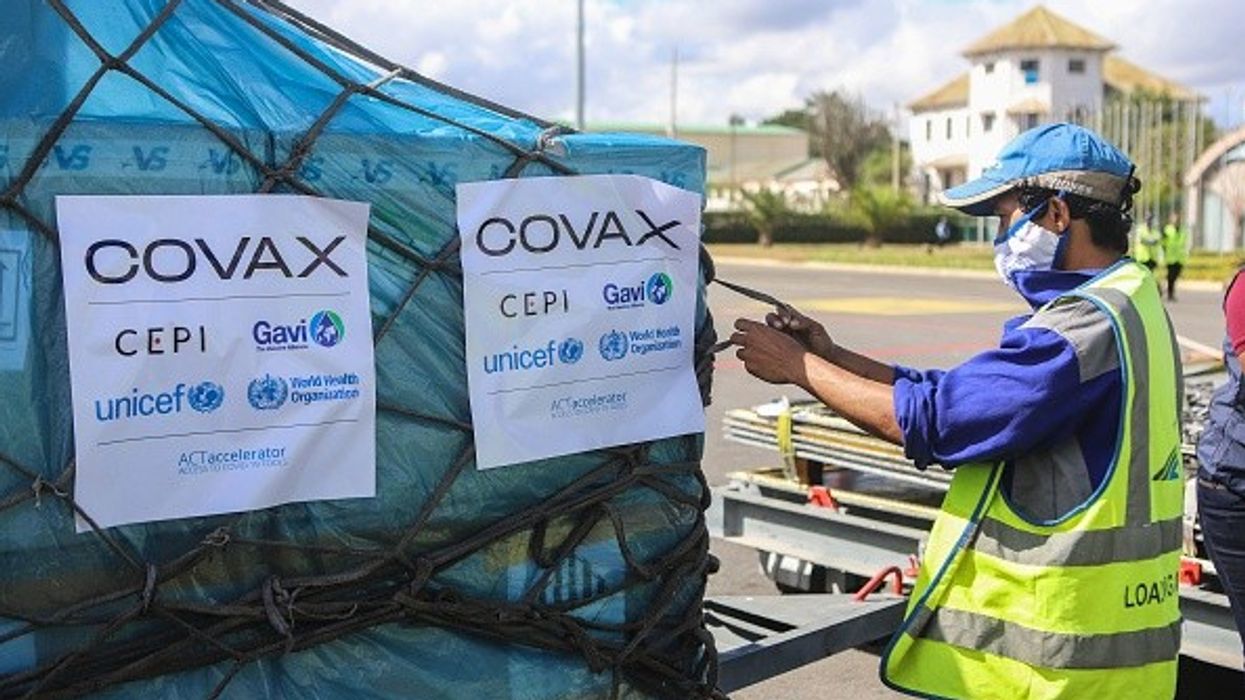ENGLAND is ready to begin donating millions of coronavirus vaccine doses around the world following its pledge to provide 100 million jabs globally by next June, the government said on Wednesday (28), announcing its first donation roll out to Kenya, Indonesia and Jamaica.
Foreign Secretary Dominic Raab said the rollout of an initial nine million inoculations will start on Friday (30) for Kenya, Jamaica and several Asian nations.
"They will go to countries, vulnerable places like Laos and Cambodia, partners like Indonesia, Malaysia (and) a range of Commonwealth countries from Kenya to Jamaica," he said, adding that "we know we won't be safe until everyone is safe".
"As friends and allies, we are sharing UK vaccine doses to support Kenya's fight against the pandemic," prime minister Boris Johnson said in another statement.
Britain has committed to share 100 million Covid-19 vaccine shots by the middle of 2022, with 30 million to be sent by the end of the year.
Around 80 per cent of the contribution is set to go through the World Health Organisation's programme COVID-19 Vaccines Global Access Facility, also known as COVAX, which aims to ensure fair distribution of jabs. The rest 20 per cent of Britain's donation will be made directly to individual countries.
During the early stages of distribution, five million doses are reportedly offered to COVAX, which in turn will distribute them further to lower-income countries in "an equitable allocation system which prioritises delivering vaccines to people who most need them," the UK foreign office said.
Another four million doses will be shared directly with countries in need, with Indonesia and Jamaica to receive 600,000 and 300,000 doses respectively.
These commitments stem from G7 pledges taken at the UK-hosted summit in June to provide at least one billion doses internationally through sharing and financing schemes.
The announcement came amid the criticism that rich countries, in particular Britain, are failing to start donating to poorer countries, which are lagging far behind in their vaccination drives.
The COVID-19 pandemic has ripped through the global economy, with infections reported in more than 210 countries and territories since the first cases were identified in China in December 2019. More than 4.3 million people have died.




